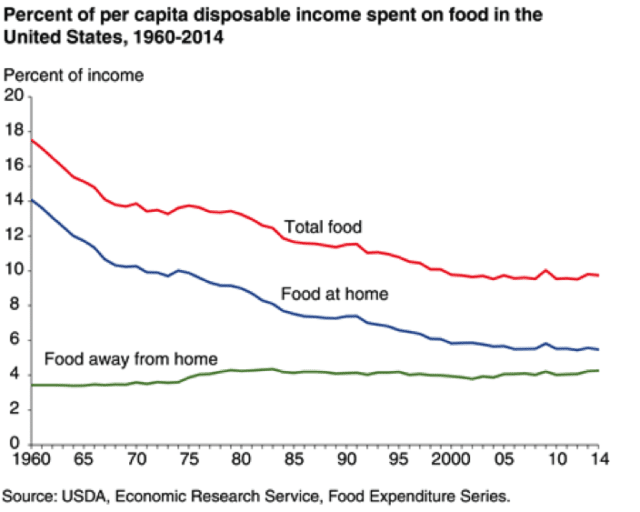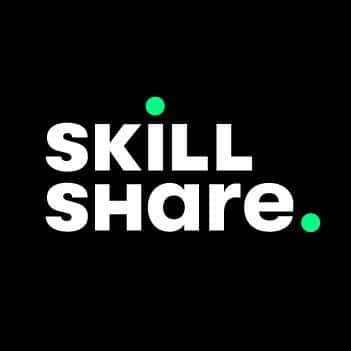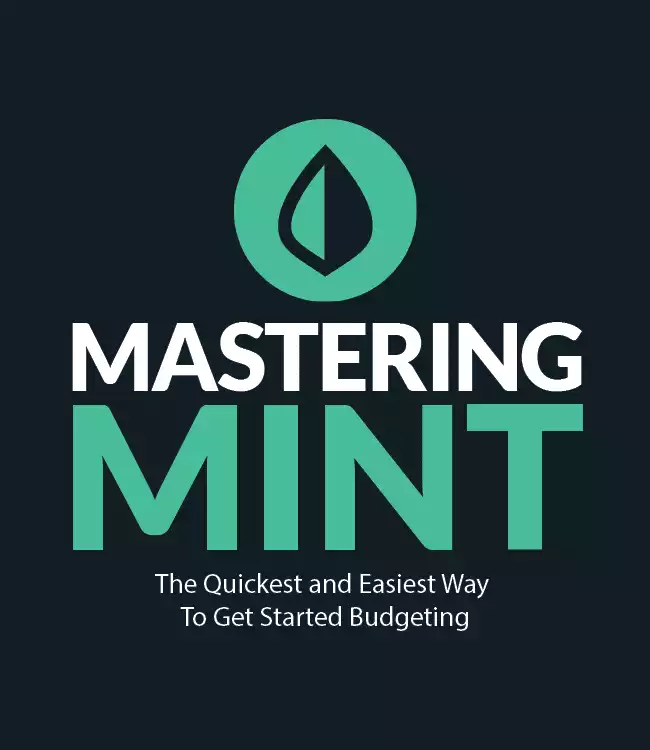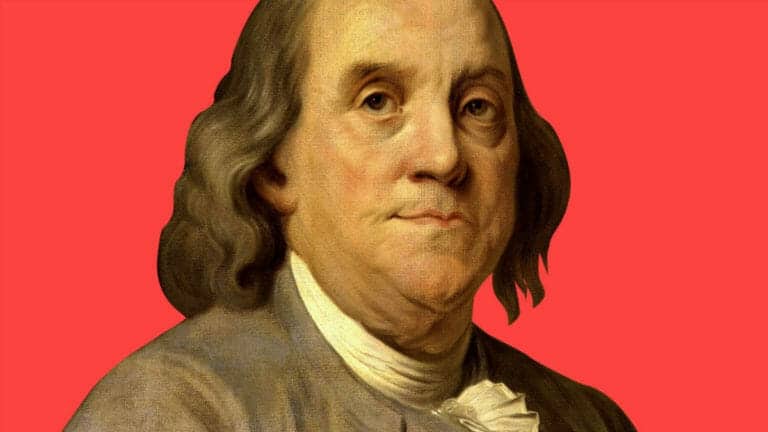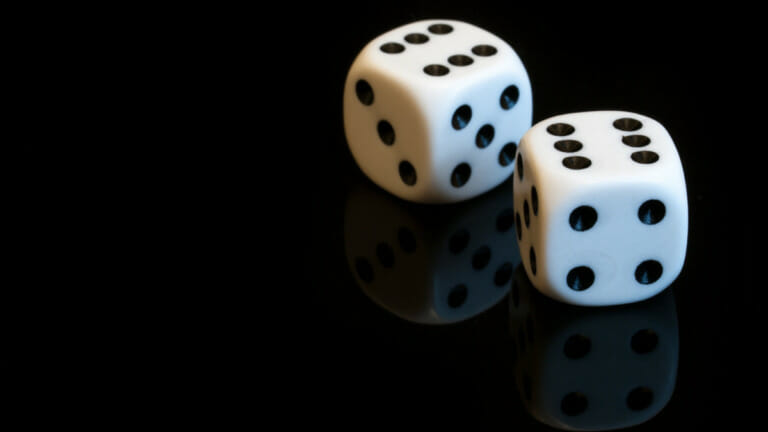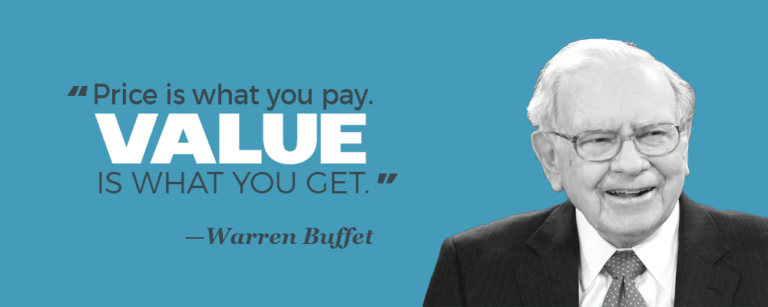We are a podcast about money, but even we believe there is something more valuable than money, and that thing is knowledge. Knowledge is power: why knowledge is more valuable than money.
The most valuable thing in the world is knowledge. Everything else in our lives, money, health, things, love, they can all come and go. They can all be taken away from us. The one thing that no one can ever take from you once you have acquired it is knowledge.
Rapid Demonetization
Rapid demonetization is the ability of technology to take a product or service that was previously expensive and make it substantially cheaper, or potentially free. It means removing money from the equation.
The $900,000 Smartphone
There may be no better illustration of this than the smartphone. That little computer that nearly all of us own has replaced $900,000 worth of other applications. And all in just 34 years, nothing in the big picture of human history.
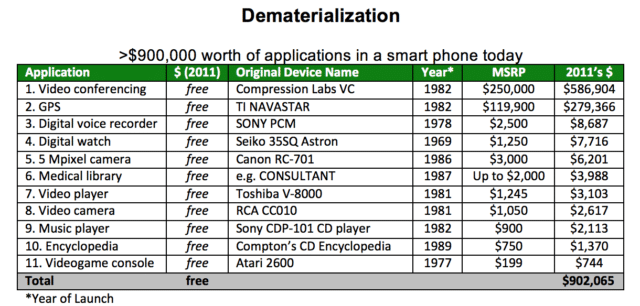
Transportation
We talked about the impact of automation on transportation in our The Future of Work episode. Car ownership has slowly but steadily been declining in the US. Automation is going to accelerate that rapidly.
It’s estimated that soon using car services like Uber and Lyft will be five to ten times cheaper than owning a car. When you don’t own a car, you don’t have a car payment, and you don’t have to pay for things like car insurance, maintenance, gas, parking, and speeding tickets. Eventually, even the world’s poorest people will have robot chauffers.
Food
Despite the advent of avocado toast and kombucha, the cost of food has fallen thirteen-fold over the past one hundred years, a trend that will continue. A big part of food cost is the cost to transport it. When transportation is made cheaper through automation, it will further drive down food costs.
Energy
Solar power is set to become a predominant energy source and will have far-reaching implications when it comes to things we can create and produce very cheaply. The sun hitting the surface of the earth generates 5,000 times more energy in a single hour than all of humanity uses in one year.
Education
You don’t have to spend four or more years and tens or hundreds of thousands of dollars to receive an education. You can learn practically anything for free or for minimal cost.
This podcast is a perfect example. Hundreds of hours of episodes and hundreds of articles that can teach you everything from how to start investing to how to improve your credit score, all for free!
Skillshare offers 19,000 online classes in subjects like business, photography, and branding. Khan Academy offers classes in math, economics, computer programming and animation, and dozens of other subjects.
Skillshare is an online learning community offering thousands of classes from design to marketing to analytics. Discover hidden passions and explore new skills taught by industry leaders. Or, become a teacher, share your expertise, and make money.
It’s COL
What does this mean? All of these things are part of what makes up the cost of living. When these things are so cheap they are virtually free, the cost to meet basic needs is negligible. So if you don’t need money, what do you need? Knowledge.
There Are Plenty of Jobs
Currently, there are nearly 6 million job openings in the US and 6.6 million unemployed people. The problem is most of these available jobs are beyond the qualifications of those currently unemployed – especially the high paying jobs.
Employers across industries and regions have complained for years about a lack of skilled workers, and their complaints are borne out in US employment data. In July [2015], the number of job postings reached its highest level ever, at 5.8 million, and the unemployment rate was comfortably below the post-World War II average.
But, at the same time, over 17 million Americans are either unemployed, not working but interested in finding work, or doing part-time work but aspiring to full-time work. Automation and Artificial Intelligence will further chip away at the jobs on the low end of the spectrum like retail and fast food while continually creating new and more challenging opportunities at the top higher-paying end of the spectrum.
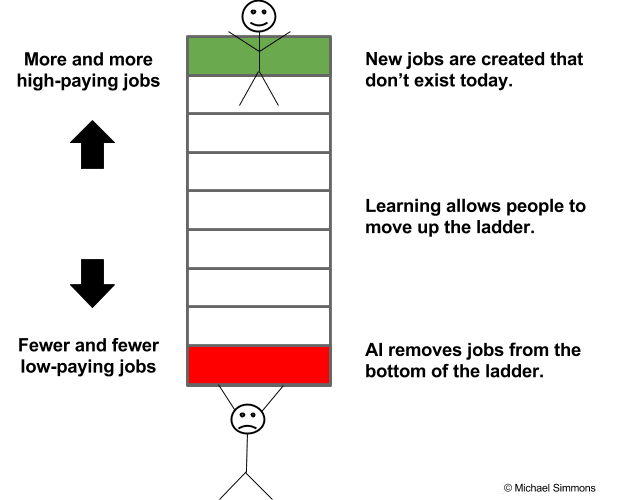
So how can you make sure you aren’t like our poor little friend up there, dangling precariously off the bottom of the ladder?
This is our guide to budgeting simply and effectively. We walk you through exactly how to use Mint, what your budget should be, and how to monitor your spending automatically.
The 5-Hour Rule
Gaining knowledge is the best use of your time, and its return will many-fold outpace any financial investments you can make. The busiest, most successful people in the world find at least an hour to learn every day. So can you!
The 5-hour rule is a blueprint for success followed by some of the world’s most successful people including Ben Franklin, Bill Gates, Warren Buffet, and Oprah. The 5-hour rule means you are always doing something that will help you learn a new skill.
Create Empty Space
I use this statistic a lot because I just find it astounding. Astounding and gross. Americans watch five hours of television a day. For what? What does that do for anyone? Are you learning anything, is that improving your life or your relationships? Is it making you richer, smarter, healthier, funnier?
No! Watching five hours of television a day does none of those things. It makes you dull, fat, lonely and stupid. Turn that fucking television OFF!
Watching too much TV can triple our hunger for more possessions while reducing our personal contentment by about 5% for every hour a day we watch.
Tweet ThisBoom! There is the empty space you need to feed your brain, your heart, and your wallet.
Andrew is a perfect example of what happens when you create empty space. He wasn’t watching five hours of television a day, but he was spending a lot of times playing video games. He lost a bet with Laura and had to give them up for one month.
He used that time, that empty space, to create Investable which is another of his successful experiments.
Use our tool to find out if you're getting a good deal. Know beforehand what your costs look like and whether your investment will generate cash flow. Just enter an address and it does the math for you. Don't guess the value of your investment, calculate it.
Make a Plan
Be deliberate about your learning, make a plan. If you wanted to build wealth, you would have a plan for that right? You would break that goal down into manageable steps. Learning is the same. You should have goals for what you want to learn and break those goals down into smaller steps.
Read
The core of the 5-hour rule is that you dedicate one hour a day during the work week (one hour per day five days a week) to reading knowledge-focused material. All reading is not created equal. This hour should be dedicated to reading non-fiction on a subject that will improve the skills you use to make money or to teach you skills that will improve your life.
That might mean reading a book on investing or buying rental property or technical journals based on the field you work in. It can mean reading a book about how to grow your own food or how to retile your bathroom. This is not the time to read the latest John Grisham novel.
Ruminate
You need to spend time thinking about what you are learning. One of the best ways to do this is to walk. Even better if you can get someone to walk with you and discuss what you’re learning. There is something about movement that frees your mind.
Walking can help untangle problems and generate new ideas. Some therapists conduct their sessions while walking with clients for this very reason.
Get Involved
Learning doesn’t have to be a solitary endeavor, just you sitting around with your nose in a book. Part of being successful is surrounding yourself with like-minded people so make sure you do that as part of your 5-hour rule strategy.
Find a Meetup for the subject you’re interested in, join a Mastermind group, take classes, attend lectures and related networking events.
Experiment
Run small experiments based on what you have learned and are learning. LMM started out as an experiment, and it has become a successful one. But Andrew tried and failed at several other projects before hitting on a winner.
Those failures don’t matter. Even if something you try turns out to be a complete disaster, you undoubtedly will learn something in the process even if that something is what not to do.
Your Passion Finds You
I hate cliches like “do what you love” or “find your passion.” So much so that I wrote an article on the subject. Phrases like that set people up for failure because what you might feel passionate about is not necessarily what you’re good at no matter how much you love it.
Your passion, something you can be successful at might not be something you even really considered. That’s what happened to me.
I never had any ambition to be a writer, it never even occurred to me. I just sort of fell ass-backward into it. About five years ago I decided I needed to be better at managing my money. I like podcasts so went looking for one that would teach me how to do that.
I found LMM, and when Andrew invited listeners to email any questions they had, I did that. It started a conversation, he thought I had a good voice, a few days later we met in a bar in downtown Manhattan, and the rest is history. I make a full time living writing now.
Your passion is doing something that gives you some autonomy, that has a positive impact on other people, that you develop competence at, and gives you some fulfillment.
Those are not big asks. There are a million things you could do that would tick all of those boxes. And that is what it means to have a passion. It’s not always something glamorous or exciting or super lucrative. Your passion could be accounting, teaching, cooking, or working with animals.
Money Matters
Listen, Money Matters. Money matters because it gives us a choice, but it’s not the only thing worth having and it’s not the most valuable thing to have either. You can lose your money, all of it, and all of the stuff it brought you in an instant and through no fault of your own. But the knowledge you have earned is something that no one and nothing can ever take from you.
Learning should be similar to exercise, you should do some every day, and for the same reason, it’s good for you, it improves your life. Create that space, those five hours a week to learn because knowledge is power.
Where did the saying actually come from?
It would be inappropriate of us to leave you hanging and not share where “knowledge is power” came from. While it’s often attributed to Francis Bacon (1597), it was likely Thomas Jefferson (1817) that popularized it:
My hopes however are kept in check by the ordinary character of our state legislatures, the members of which do not generally possess information enough to percieve the important truths, that knowlege is power, that knowlege is safety, and that knowlege is happiness.
It probably goes without saying that the PlayStation 4 game, Knowledge is Power isn’t where it originated from.
Show Notes
Impending Descent: A Russian Imperial Stout
Deep Work: How to focus without distraction.
Tax-Free Wealth: The book that started Andrew’s
So Good They Can’t Ignore You: Debunking the follow your passion myth.
